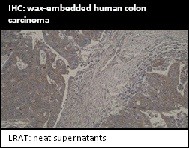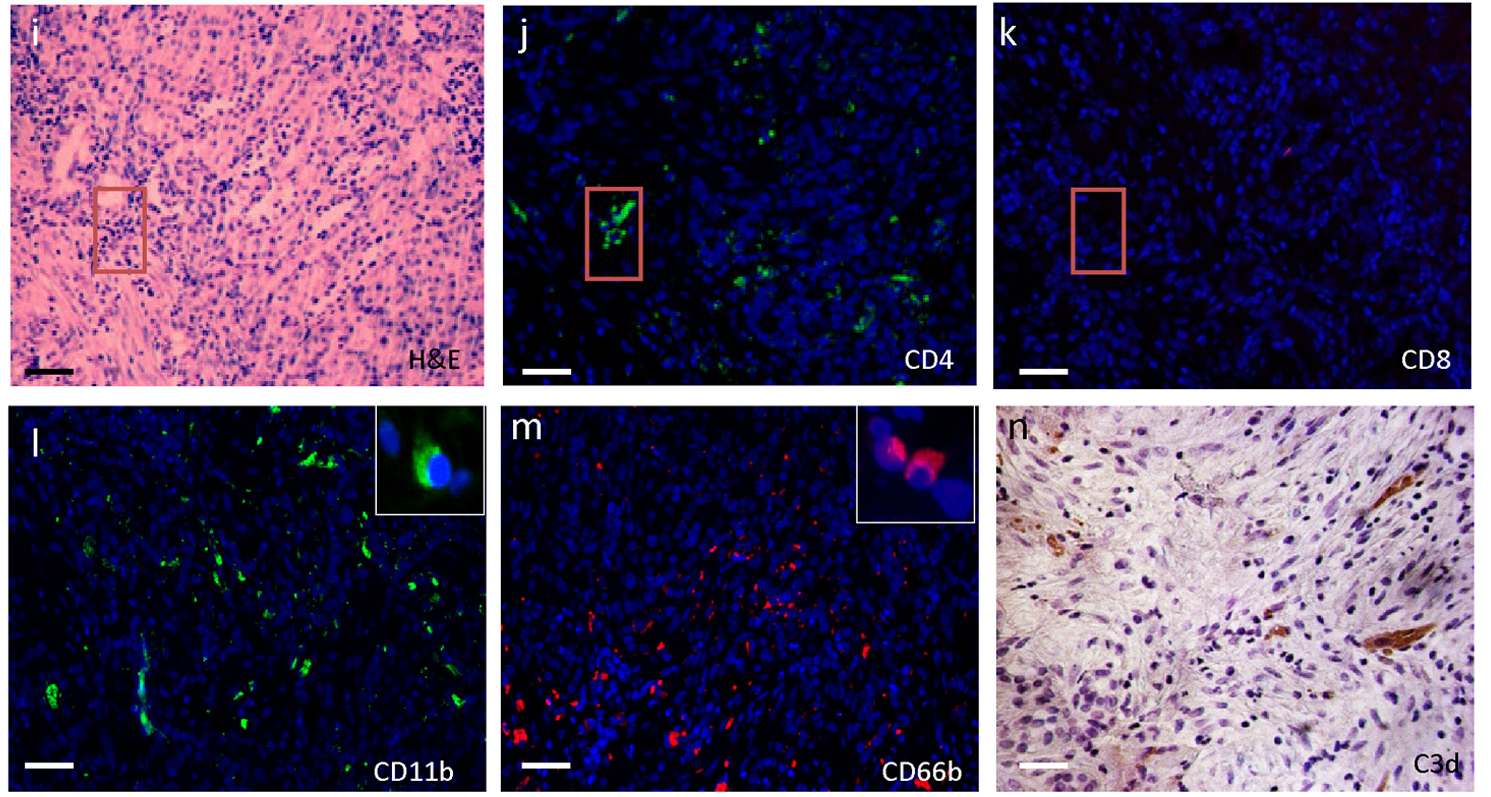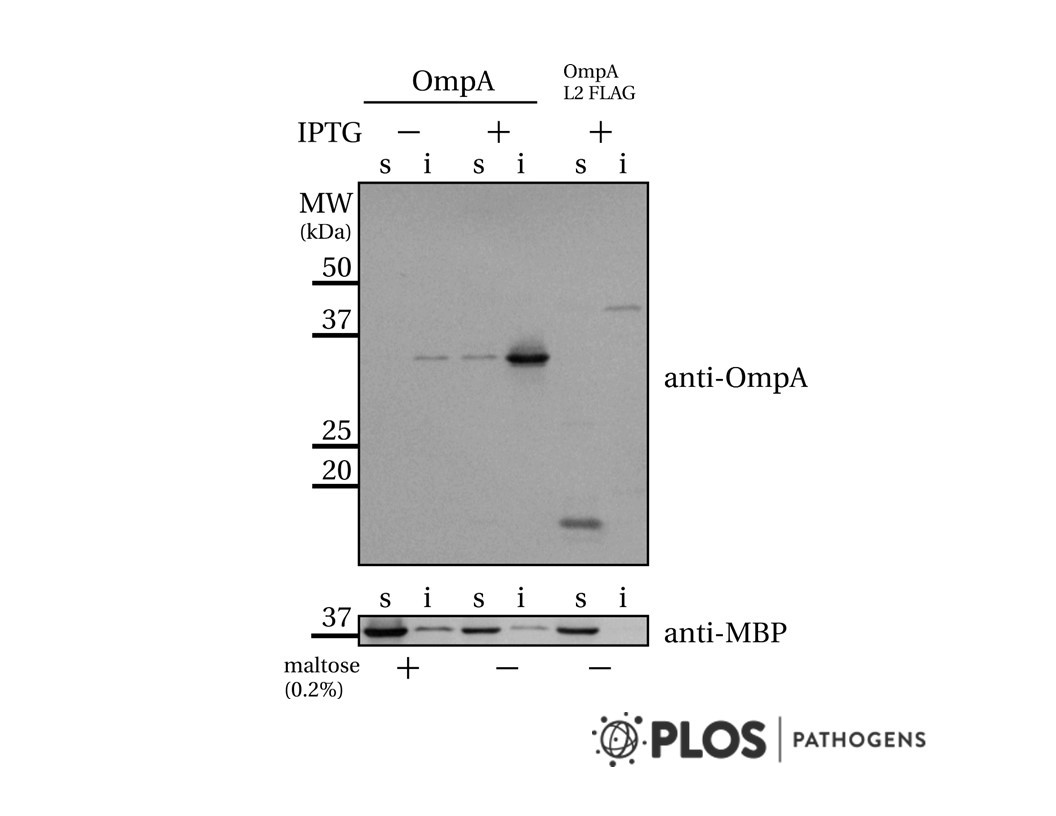Cat. #151869
Anti-LRAT [M34-P1F10]
Cat. #: 151869
Sub-type: Primary antibody
Unit size: 100 ug
Availability: 1-2 weeks
Target: Lecithin Retinol Acyltransferase (LRAT)
Class: Monoclonal
Application: ELISA ; IHC ; IF ; WB
Reactivity: Human
Host: Mouse
£300.00
This fee is applicable only for non-profit organisations. If you are a for-profit organisation or a researcher working on commercially-sponsored academic research, you will need to contact our licensing team for a commercial use license.
Contributor
Inventor: Ayham Alnabulsi
Institute: Vertebrate Antibodies Limited
Tool Details
*FOR RESEARCH USE ONLY
- Name: Anti-LRAT [M34-P1F10]
- Clone: M34-P1F10
- Tool sub type: Primary antibody
- Class: Monoclonal
- Conjugation: Unconjugated
- Strain: Balb/c
- Reactivity: Human
- Host: Mouse
- Application: ELISA ; IHC ; IF ; WB
- Description: LRAT is significantly overexpressed in colorectal cancer and significantly associated with prognosis.
- Immunogen: Peptide Sequence - RDQRSVLASA (amino acids 190 -199)
- Isotype: IgG1
- Recommended controls: ELISA- Peptide immunogenWestern Blot- Overexpression lysate Immunofluorescence- Hela Cells IHC- Human colon carcinoma
Target Details
- Target: Lecithin Retinol Acyltransferase (LRAT)
- Tissue cell line specificity: ELISA- Peptide immunogenWestern Blot- Overexpression lysate Immunofluorescence- Hela Cells IHC- Human colon carcinoma
- Target background: LRAT is significantly overexpressed in colorectal cancer and significantly associated with prognosis.
Applications
- Application: ELISA ; IHC ; IF ; WB
Handling
- Format: Liquid
- Concentration: 1 mg/ml
- Unit size: 100 ug
- Storage buffer: PBS with 0.02% azide
- Storage conditions: -15° C to -25° C
- Shipping conditions: Shipping at 4° C
References
- Brown et al. 2014. PLoS One. 9(3):e90776. PMID: 24608339.
- The expression and prognostic significance of retinoic acid metabolising enzymes in colorectal cancer.






